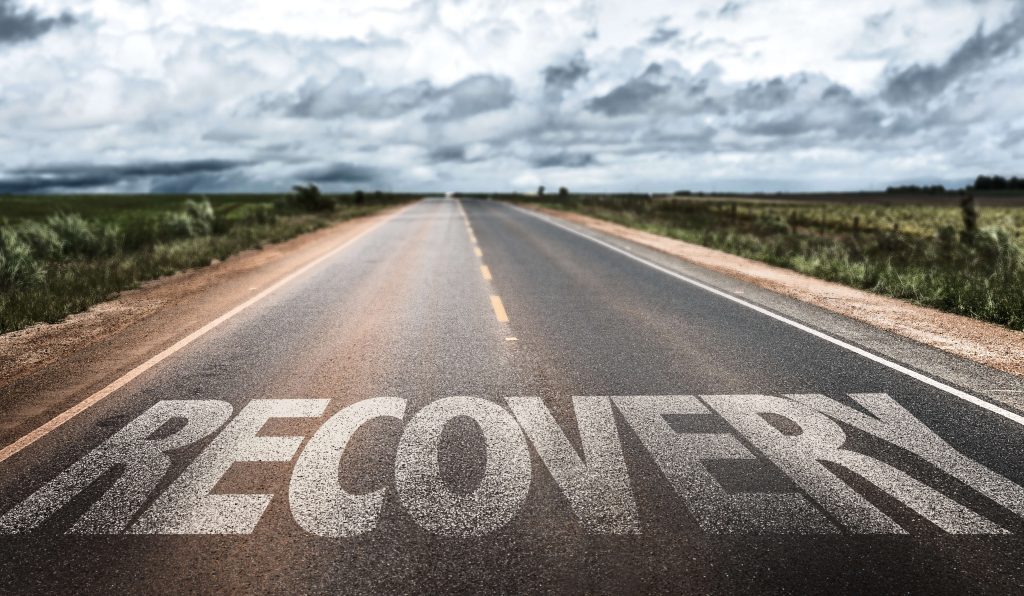Relapse Prevention After Intensive Outpatient Treatment: Keys to Lasting Recovery
After completing an Intensive Outpatient Program (IOP), many individuals experience a newfound sense of accomplishment and hope. However, the transition from the structure of IOP to everyday life can also bring challenges, particularly when it comes to avoiding relapse. At Lifescape Recovery, we emphasize the importance of relapse prevention strategies as part of our holistic approach to recovery.

Understanding the Risk of Relapse After IOP
Relapse can happen to anyone, and it’s important to recognize that it doesn’t signify failure. Instead, it’s often a sign that further support or adjustments are needed in the recovery process. The transition from IOP to daily life can be overwhelming, as individuals face real-world stressors, temptations, and triggers without the daily guidance of a treatment program.
Relapse prevention focuses on minimizing the risk of relapse through ongoing support, self-awareness, and healthy coping mechanisms.
Essential Relapse Prevention Strategies
At Lifescape Recovery, we empower our clients with a variety of relapse prevention strategies that they can implement after completing IOP:
- Develop a Relapse Prevention Plan
One of the first steps in preventing relapse is to create a personalized relapse prevention plan. This plan includes identifying personal triggers, setting goals, and outlining coping strategies to use when faced with cravings or difficult situations. - Stay Connected to Support Groups
Support groups play a crucial role in ongoing recovery. Regularly attending meetings with organizations like Alcoholics Anonymous (AA), Narcotics Anonymous (NA), or local recovery groups in California helps individuals stay connected with others who understand the challenges of sobriety. The shared experience can provide invaluable motivation and accountability. - Monitor Emotional and Mental Health
Mental health is closely tied to addiction recovery, and untreated mental health issues can increase the risk of relapse. Continued therapy, including cognitive-behavioral therapy (CBT) or other therapeutic methods, helps individuals manage any co-occurring mental health disorders and cope with stress, anxiety, or depression. - Set Realistic Goals
Setting small, achievable goals in daily life helps individuals stay focused on their recovery. These goals can relate to work, personal relationships, hobbies, or physical health. Achieving these goals helps build confidence and creates a sense of accomplishment, reducing the likelihood of relapse. - Avoid Triggers
Triggers can vary from person to person but may include certain people, places, or situations that remind individuals of substance use. Avoiding these high-risk situations or learning how to cope with them through practiced strategies is key in relapse prevention. - Practice Self-Care
Self-care is a vital part of recovery. Prioritizing activities that promote physical, mental, and emotional well-being can make a significant difference. Regular exercise, proper nutrition, good sleep habits, and mindfulness practices, such as meditation or yoga, contribute to a balanced, healthy lifestyle that supports long-term recovery.
Lifescape Recovery’s Holistic Approach to Relapse Prevention
At Lifescape Recovery, we offer ongoing support for clients who have completed IOP. Our approach to relapse prevention is holistic, addressing not only the physical and mental aspects of recovery but also emotional and spiritual well-being. Through a combination of therapy, support groups, and individualized aftercare plans, we help our clients maintain sobriety and thrive in their everyday lives.
Our aftercare services include regular follow-up sessions, access to group therapy, and additional resources designed to support continued recovery. Staying connected with the Lifescape Recovery community helps individuals stay on track and avoid the pitfalls of isolation or emotional distress, both of which can contribute to relapse.

Relapse prevention is a critical component of the recovery journey, especially after completing an Intensive Outpatient Program. At Lifescape Recovery, we are committed to providing the tools, strategies, and ongoing support necessary to help our clients achieve lasting sobriety.
If you’re ready to take the next step in your recovery or need support in preventing relapse, contact Lifescape Recovery today. Our team is here to help you continue your journey toward a fulfilling, sober life.
Published: October 03, 2024
Last Updated: June 01, 2025

Published: February 20, 2026
IOP Program for Depression
Summary: Depression is one of the most common mental health conditions in the United States, affecting an estimated 21 million adults each year. It causes persistent changes in mood, energy, motivation, sleep, and concentration that interfere with daily functioning, work, and relationships. IOP program for depression provides structured, evidence-based treatment — including individual therapy, group […]
Read more
Published: February 05, 2026
Intensive Outpatient Program for Anxiety
Summary: Anxiety disorders are the most common mental health conditions in the United States, affecting an estimated 40 million adults each year according to the National Institute of Mental Health. While temporary anxiety is a normal response to stress, anxiety disorders involve persistent, excessive worry and fear that interfere with daily functioning, relationships, and quality […]
Read more
Published: January 26, 2026
OCD vs. Autism: Understanding the Differences
Obsessive-compulsive disorder (OCD) and autism spectrum disorder (ASD) are often confused with one another. Both can involve repetitive behaviors, rigid routines, sensory sensitivities, and distress when things feel “off.” From the outside, the overlap can look striking. But in clinical treatment, the why behind those behaviors matters just as much as the behaviors themselves. At […]
Read more
